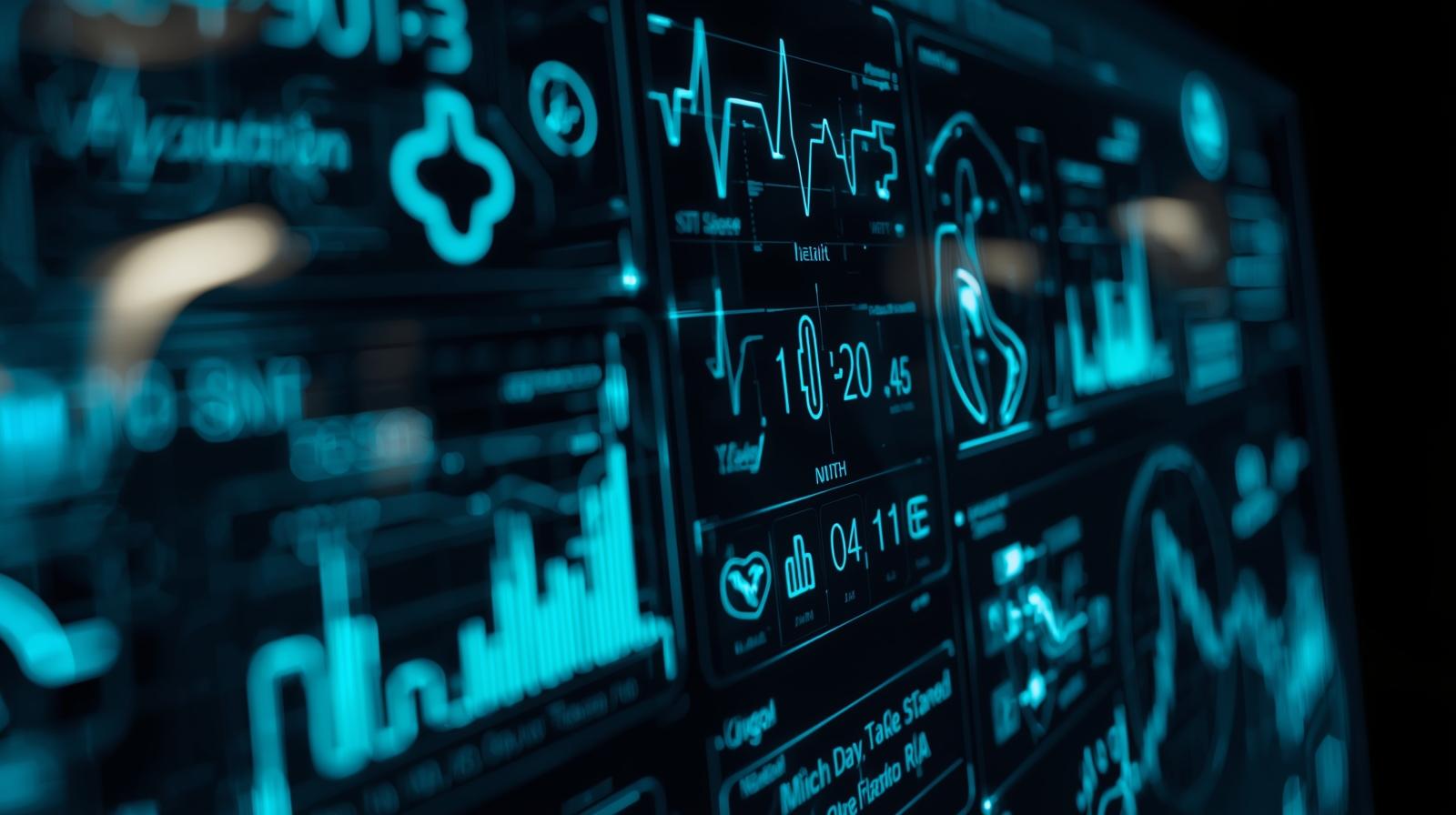
Smart Health Monitoring System gcc-development-team in Botswana
The Smart Health Monitoring System is an advanced cloud-based healthcare solution developed to revolutionize patient care through real-time medical tracking and IoT integration. Designed for hospitals, clinics, and individual users, the platform connects patients and healthcare providers seamlessly by capturing vital health parameters such as heart rate, blood pressure, and glucose levels via smart wearables.
The data is securely transmitted to the cloud, where AI-driven analytics and predictive modeling identify potential health risks before they become critical. Doctors receive instant alerts and can provide remote consultations through integrated chat and video modules, ensuring timely medical attention.
By combining IoT intelligence, AI-powered analysis, and secure cloud infrastructure, the system empowers preventive healthcare, enhances patient engagement, and establishes a new standard for connected health ecosystems worldwide.
01The Challenges
Developing the Smart Health Monitoring System came with several technical and operational challenges. One of the primary hurdles was ensuring real-time synchronization between IoT wearables and the cloud without data delays or packet loss, especially during high network loads. Maintaining data security and HIPAA compliance across multiple regions was another key concern, requiring advanced encryption and role-based access control to protect sensitive medical information. Additionally, achieving AI accuracy in predictive health modeling demanded extensive dataset training and validation to minimize false alerts. Integration with existing hospital management systems and ensuring seamless cross-platform performance across web and mobile devices also added layers of complexity. Through continuous testing, optimization, and collaborative effort, each challenge was addressed to deliver a secure, scalable, and efficient healthcare monitoring ecosystem.
02 The Solution
To overcome the technical and operational challenges, Krazio Cloud implemented a multi-layered approach focused on performance, precision, and security. We developed a real-time IoT data pipeline using AWS IoT and MQTT protocols, ensuring instant synchronization between wearable devices and the cloud infrastructure. Our engineering team built a secure data architecture with end-to-end encryption and role-based access to maintain complete HIPAA compliance. To enhance predictive health capabilities, we integrated TensorFlow-based AI models that continuously analyze patient vitals and flag early health risks with high accuracy. The ReactJS and Flutter-based frontends ensured a smooth user experience across devices, while the NodeJS backend and MongoDB handled scalable data processing efficiently. Additionally, we designed an interactive doctor-patient dashboard for instant communication, report sharing, and emergency alerts, enabling hospitals to act faster and more effectively. These combined solutions transformed the platform into a reliable, future-ready telehealth system trusted by healthcare providers worldwide.
03 The Result
The Smart Health Monitoring System delivered measurable improvements in both patient outcomes and operational efficiency. Hospitals adopting the solution saw a 35% reduction in emergency response time and a 40% increase in proactive health interventions through early anomaly detection. Patient engagement levels grew significantly due to real-time updates, easy report access, and 24/7 doctor connectivity. Healthcare providers reported streamlined workflows, accurate diagnostics, and data-driven decision-making powered by AI and predictive analytics. The platform’s scalability allowed seamless integration with existing hospital infrastructures, supporting thousands of concurrent users with secure data handling. This innovation not only enhanced patient safety but also positioned the system as a next-generation telehealth benchmark for global healthcare providers.
Testimonial
What Client Say
Dr. Emily Carter
Chief Medical Officer, Lifeline Multispeciality HospitalPartnering with Krazio Cloud for the Smart Health Monitoring System completely transformed how we deliver patient care. The real-time tracking and predictive analytics have empowered our doctors to act faster and with greater accuracy. The platform’s seamless performance, secure design, and intuitive interface have made it an integral part of our hospital operations. Truly a remarkable innovation in digital healthcare.